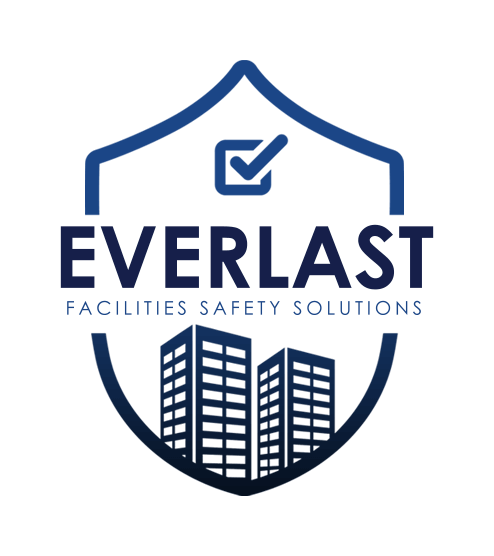About Facility Safety Audits
Maintaining a safe working environment is pivotal not only for compliance with health and safety regulations but also for fostering a proactive business culture that prioritizes employee well-being. Regular facility safety audits are key in achieving these objectives. Here are seven crucial reasons why your business should invest in consistent safety audits.
1. Prevention of Workplace Accidents and Injuries
Conducting regular facility safety audits is instrumental in identifying potential hazards that could lead to accidents and injuries. This proactive approach allows businesses to address small issues before they evolve into serious problems, ensuring a safer environment for all employees and reducing the risk of costly accidents.
2. Compliance with Safety Regulations
Regular audits are essential to ensure that a business remains in compliance with safety laws and regulations issued by entities such as the Occupational Safety and Health Administration (OSHA) and the Public Employees Occupational Safety and Health (PEOSH). Staying compliant not only avoids hefty fines and legal issues but also reinforces the business’s commitment to maintaining a safe work environment.
3. Reduction in Costs Associated with Accidents
The financial implications of workplace accidents can be significant, including medical expenses, legal fees, potential fines, and increased insurance premiums. Facility safety audits help minimize these costs by systematically identifying and mitigating risks. Furthermore, a good safety record can lower insurance rates, as companies with fewer accidents tend to be viewed more favorably by insurers.
4. Improvement in Employee Morale and Productivity
A safe work environment enhances employee morale, which in turn boosts productivity and efficiency. Workers are more likely to perform better and remain loyal to an employer they believe is genuinely concerned about their safety and well-being. Regular safety audits reinforce a company’s commitment to its employees, which can significantly impact job satisfaction and productivity.
5. Enhancing Business Reputation
A strong safety record can enhance a company’s reputation, making it more attractive to customers, clients, investors, and potential employees. Companies known for their strict safety standards are often seen as reliable and responsible. Regular facility safety audits are an excellent way to build and maintain such a reputation.
6. Long-Term Safety Culture Development
Regular audits help embed a culture of safety within an organization. This culture encourages every employee—from the top executives to the entry-level workers—to prioritize safety in their daily tasks and responsibilities. Over time, this culture becomes a fundamental aspect of the business’s operations, leading to more sustainable and safer business practices.
7. Better Preparedness for Emergency Situations
Facility safety audits evaluate not only the physical hazards but also the effectiveness of emergency procedures and equipment. Regular audits ensure that all emergency systems are operational, that staff are trained on emergency protocols, and that evacuation plans are clearly understood and accessible, thus improving the overall readiness to handle unforeseen situations.
Think Ahead
Facility safety audits offer far-reaching benefits that extend beyond compliance. They are vital tools for preventing accidents, reducing related costs, enhancing employee morale, safeguarding your business’s reputation, fostering a safety culture, and ensuring preparedness in emergency situations. Regular audits demonstrate a proactive approach to business management, showcasing a commitment to safety that resonates with all stakeholders involved.
Don’t wait for an accident to happen to realize the importance of safety audits. Contact Everlast Facilities Safety Solutions today to ensure that your business not only meets but exceeds industry safety standards. Make facility safety audits a cornerstone of your risk management strategy to protect and enhance your business’s assets.


